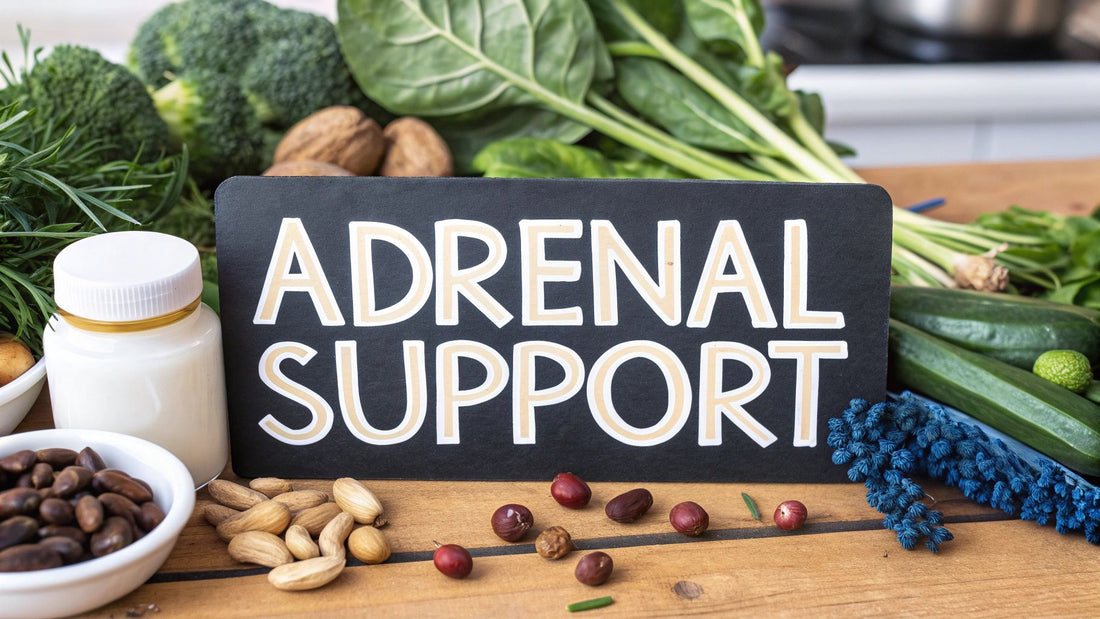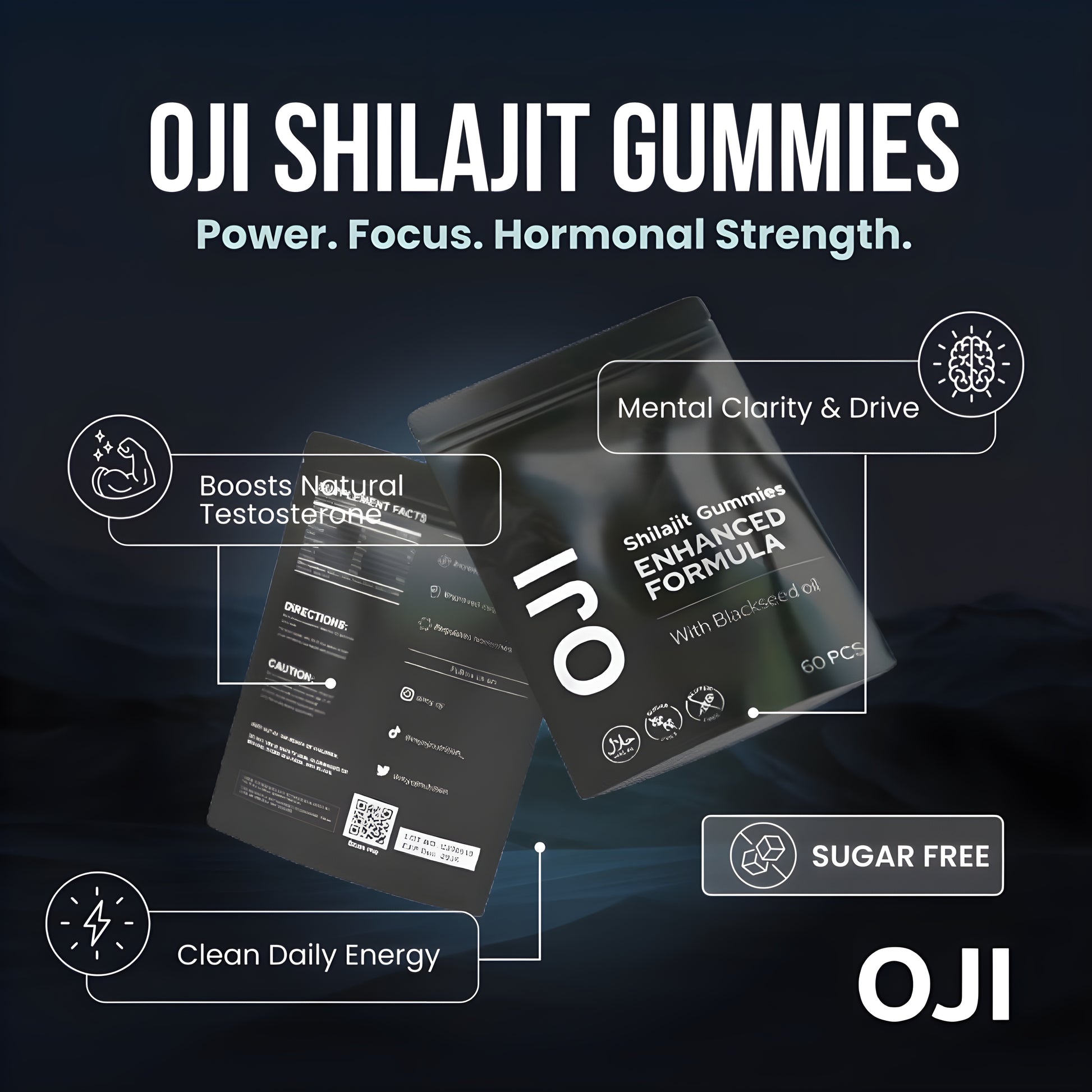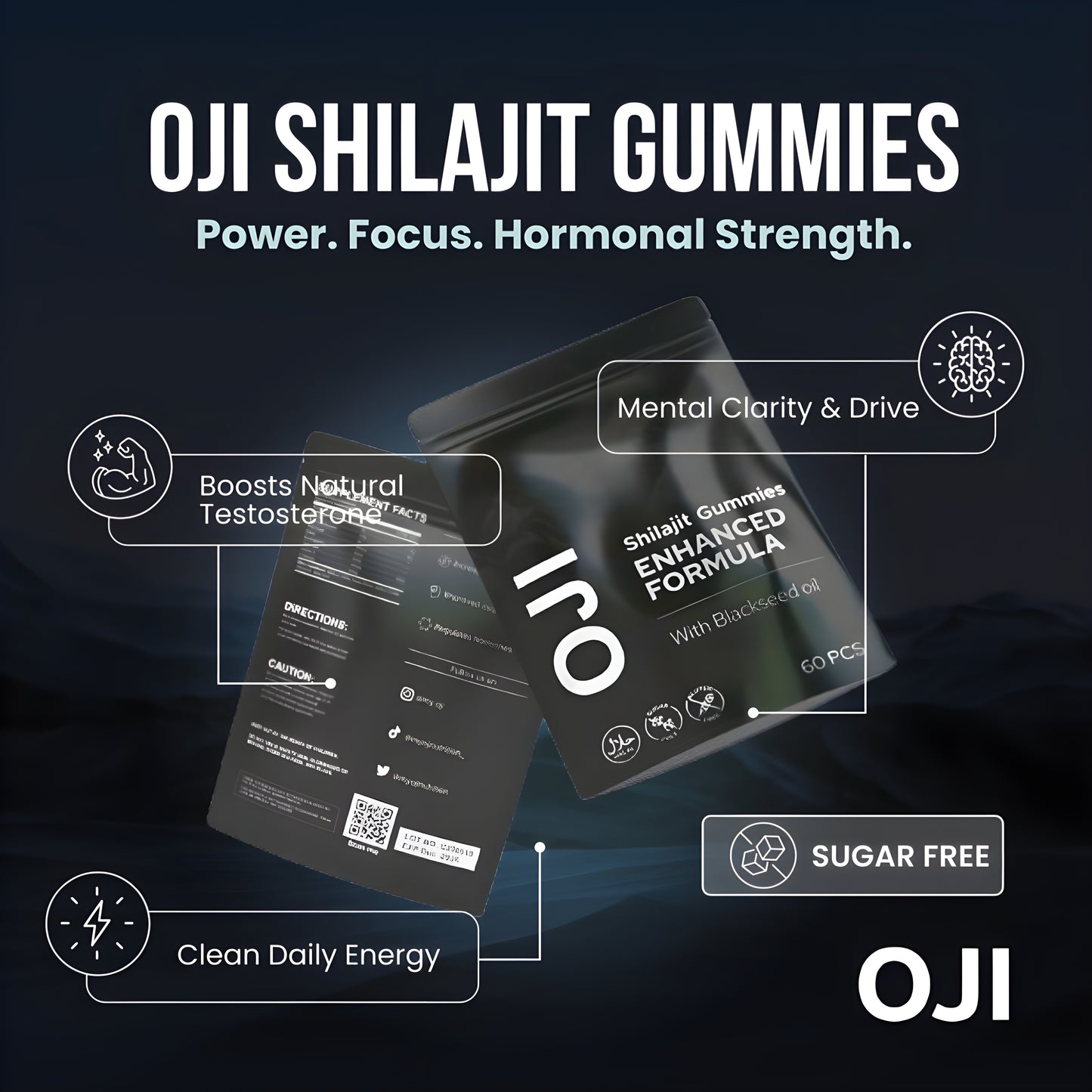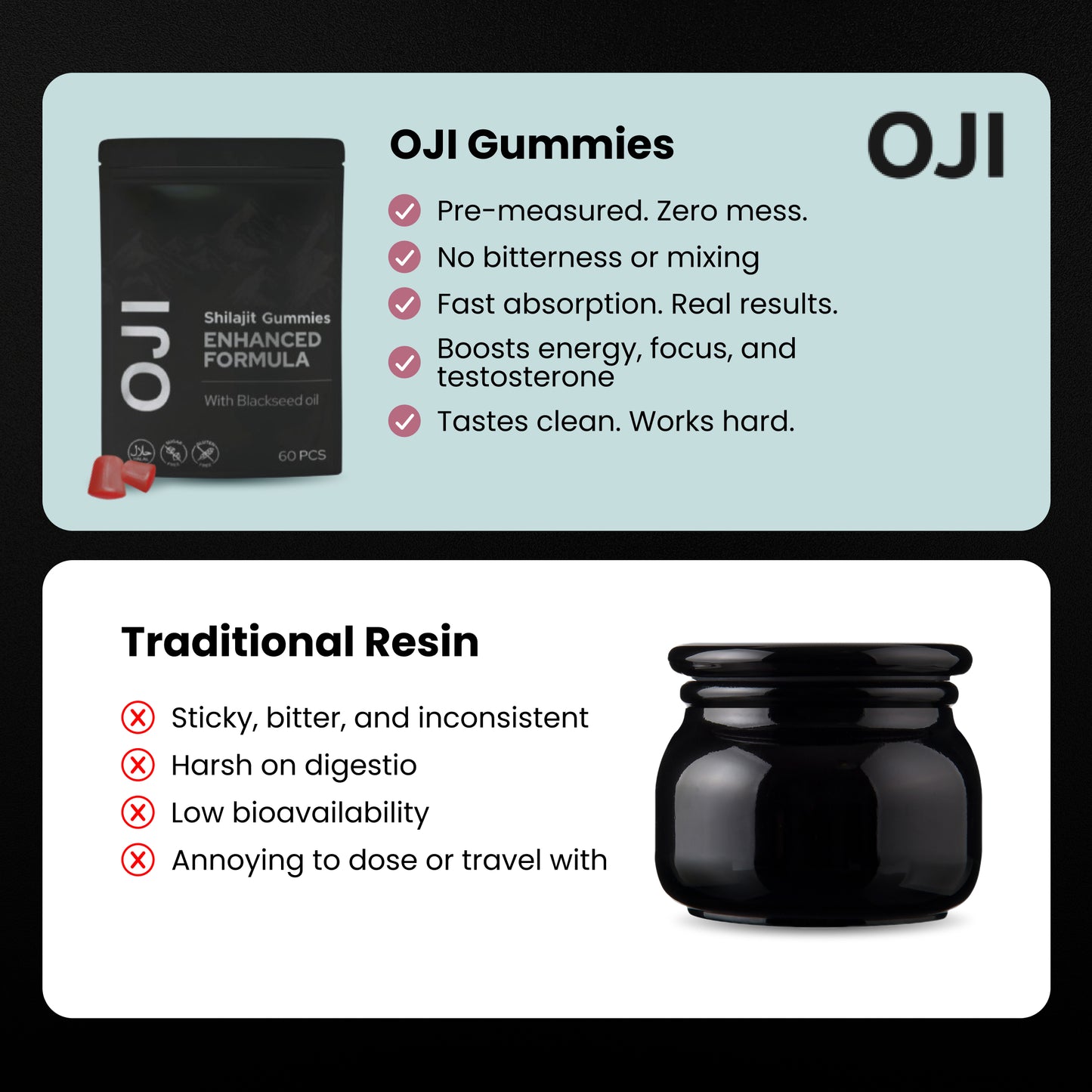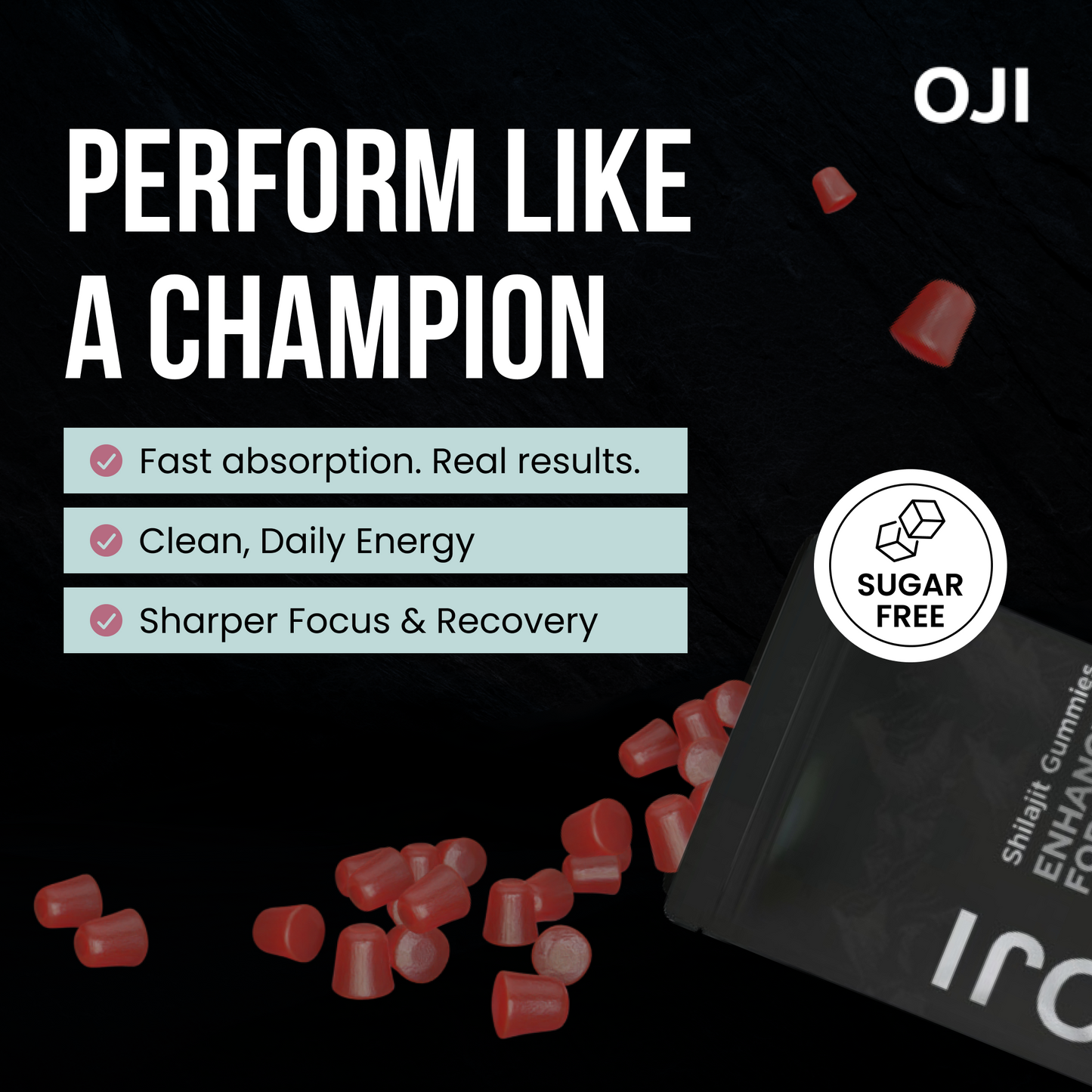Supporting your adrenal glands is about taking decisive, practical steps to restore balance. The most effective approach combines smart stress management, nutrient-dense foods, and lifestyle habits that build your energy, not drain it.
This means actively reducing chronic stressors, eating whole foods to stabilise your blood sugar, and making quality sleep a non-negotiable priority. Follow these actionable steps to help your body get back in sync with its natural energy rhythm.
Understanding Your Adrenal Glands

Before we jump into the "how-to," let's quickly get to know your adrenal glands. These two small but incredibly powerful glands sit right on top of your kidneys, acting as the command centre for your body’s entire stress response. They’re a crucial part of a communication network known as the Hypothalamic-Pituitary-Adrenal (HPA) axis.
Think of the HPA axis as your body's own internal alarm system. Whenever you face a stressor—whether it's a looming deadline, a tough conversation, or even just skipping lunch—this system kicks into gear. Your adrenals release hormones like cortisol and adrenaline, which get your body ready for "fight or flight." This is what makes your heart race, sharpens your focus, and gives you that burst of energy to deal with whatever’s in front of you.
The Impact of Modern Stressors
In short, sharp bursts, this response is completely normal and healthy. It's designed to keep us safe. The problem is, in our modern world, the alarm system often forgets to switch off. We’re constantly bombarded with low-grade stressors: the ping of notifications, money worries, sitting in traffic, and that relentless pressure to always be productive.
This state of being constantly "on" can push the HPA axis into overdrive. Your adrenal glands are then working non-stop to pump out stress hormones, which can throw everything else off-kilter—from your digestion and immune system to your sleep and hormonal balance. This is exactly why figuring out how to support your adrenal glands has become so important.
"When cortisol levels rise, all of the body’s energy goes into handling the stressor instead of regulating other bodily functions like the digestive and immune systems."
This relentless demand is what can leave you feeling exhausted but wired, struggling to cope with everyday pressures. Once you understand this, it becomes clear why every little choice—from that morning coffee to your nightly routine—can either add to the strain or help build your resilience. You can dive deeper in our complete guide to natural treatments for adrenal fatigue.
Why Adrenal Support Matters in the UK
This isn't just some abstract wellness trend; it has very real implications. Here in the UK, serious adrenal insufficiency, including conditions like Addison's disease, affects around 8,400 people.
And while "adrenal fatigue" isn't an official medical term, the symptoms that come with it—that feeling of being constantly tired and burnt out—are incredibly widespread. It just goes to show how many of us could benefit from more proactive support. By focusing on these foundational habits, you can help your body become much better at handling the demands of a busy life.
Mastering Your Stress Response

Constant, low-grade stress is one of the biggest drains on your adrenal system. Learning how to support your adrenal glands isn't about eliminating stress—it’s about building resilience and mastering your body's reaction to it.
The key is to create practical, sustainable habits that actively calm your nervous system.
Forget vague advice like "just relax." You need small, intentional actions you can weave into your day. These moments of conscious calm send a signal to your HPA axis that it's safe to power down, giving your adrenals a much-needed break from pumping out cortisol.
Implement an Instant Reset
When you feel overwhelmed, your breathing becomes shallow and quick, reinforcing the stress signal to your brain. You can interrupt this cycle with a simple technique called "box breathing," used by navy SEALs to bring calm under immense pressure.
Here is your '5-Minute Reset' action plan:
- Inhale slowly through your nose for a count of four.
- Hold your breath for a count of four.
- Exhale slowly through your mouth for a count of four.
- Hold at the bottom of the exhale for a count of four.
Repeat this cycle for a few minutes whenever you feel tension building. Use this powerful tool before a big meeting, after a difficult conversation, or anytime you need to regain your centre.
Create Firm Digital Boundaries
Our digital lives are a huge source of hidden stress. Constant notifications and the pressure to be "always on" are exhausting. Setting firm boundaries is a critical step to clear mental clutter and give your adrenal system a chance to recover.
Your downtime should be truly down. Scheduling "non-negotiable" time away from screens—even just for an hour before bed—is essential for hormonal balance and better sleep.
Start with these small, actionable steps:
- Turn off non-essential notifications on your phone.
- Designate specific times of the day for checking emails instead of reacting instantly.
- Schedule an hour of screen-free time before bed every night.
This simple shift puts you back in control of your attention and your energy. For more ideas on managing daily pressures, have a look at our guide to achieving natural stress relief.
Recognise All Forms of Stress
Stress isn't just mental; it can also be physical. Pushing through an illness, over-exercising when you're exhausted, or recovering from an injury are all significant physical stressors that your adrenals must respond to.
Ignoring these physical signals depletes your reserves and makes recovery take much longer. Actively listen to your body and adjust your activities. This is particularly crucial because physical stressors can sometimes snowball into more severe issues. For instance, estimates suggest that around 6% to 8% of patients with diagnosed adrenal insufficiency experience a medical emergency known as an adrenal crisis each year, often triggered by events just like these.
Learning to recognise and respect these different kinds of stressors is fundamental to building long-term adrenal resilience and just feeling well, day in and day out.
Nourishing Your Adrenals Through Diet
What you eat provides the building blocks your adrenal glands need to function. A food-first approach is one of the most powerful ways to support your system. This means eating strategically for real energy and resilience.
Your number one goal is to keep your blood sugar stable throughout the day. When your blood sugar crashes, your body flags it as a major stressor, signalling your adrenals to pump out cortisol to bring it back up. This constant rollercoaster is incredibly draining.
Build Your Plate for Stable Energy
To get off the energy rollercoaster, every meal needs a balance of three key components: protein, healthy fats, and complex carbohydrates. This trifecta slows down digestion and ensures a steady, gentle release of glucose into your bloodstream, eliminating jarring spikes and crashes.
Think of it like building a fire. The complex carbs are the kindling, giving you quick but controlled energy. The protein and fats are the slow-burning logs, providing sustained fuel that keeps you feeling full, focused, and energised for hours.
Here’s a practical action: swap a sugary cereal or plain toast for two poached eggs with avocado on whole-grain sourdough. This meal provides quality protein from the eggs, healthy fats from the avocado, and fibre-rich carbs from the bread. It’s a proven recipe for a stable morning, helping you sidestep the dreaded mid-morning slump.
Prioritise Key Adrenal-Supportive Nutrients
Beyond macronutrients, certain vitamins and minerals are superstars for adrenal health. Your adrenal glands have one of the highest concentrations of Vitamin C in the body, as it's vital for producing cortisol. B vitamins, especially B5 and B6, are essential for hormone production and energy conversion. Magnesium is the ultimate relaxation mineral, helping to soothe the nervous system.
Take action by adding these powerhouse foods to your shopping list:
- Vitamin C: Bell peppers (red ones are fantastic!), citrus fruits, kiwi, broccoli, and strawberries.
- B Vitamins: Leafy greens like spinach and kale, eggs, legumes, and lean meats.
- Magnesium: Nuts and seeds (almonds and pumpkin seeds are great), dark chocolate, avocados, and more leafy greens.
The chart below really drives home why being intentional with our food choices is so critical.
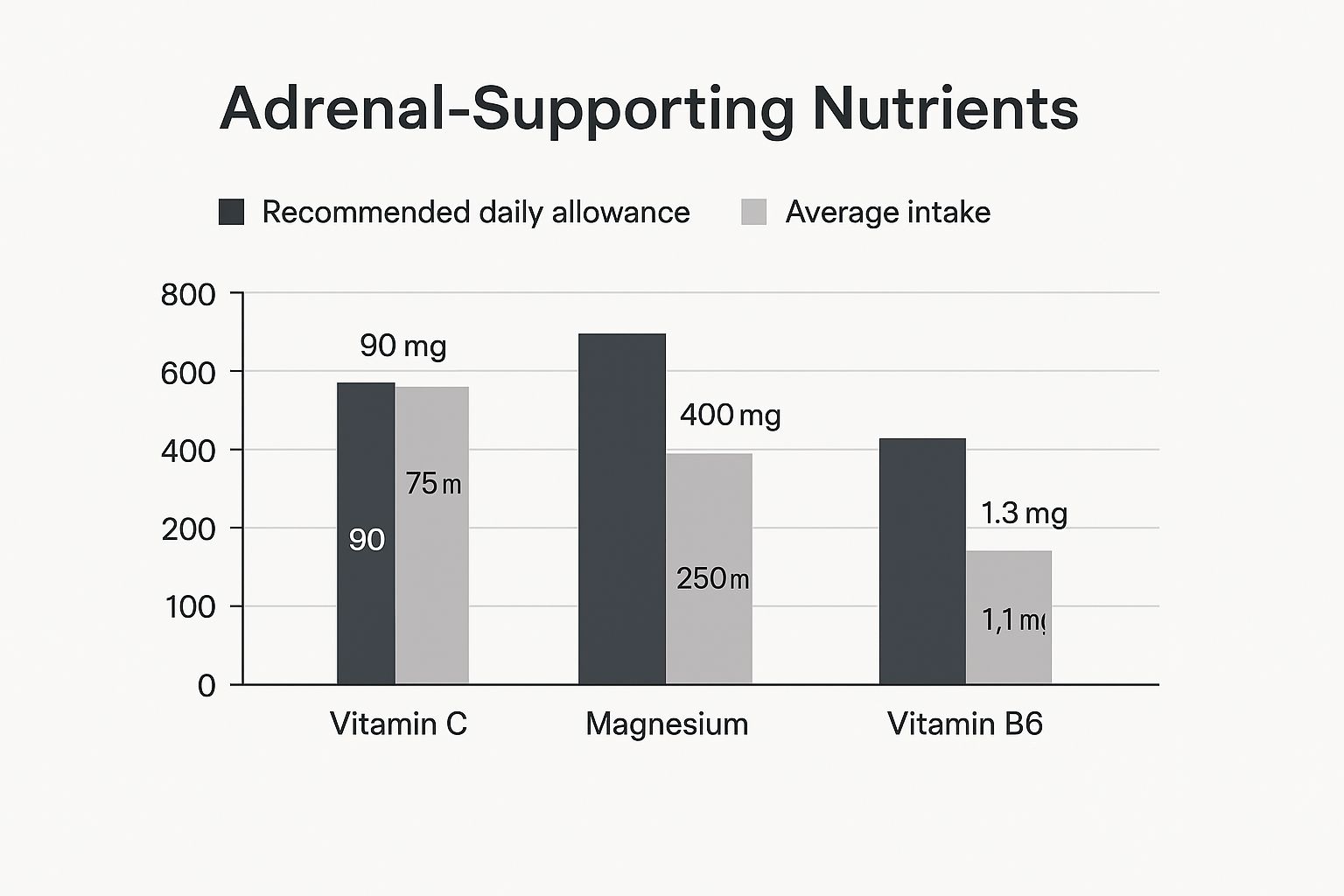
As you can see, many of us are falling short on these essential nutrients, especially magnesium, just through our everyday diets. This is where a little bit of nutritional focus can make a huge difference.
Adrenal-Supportive Foods vs Adrenal Stressors
To make things easier, think about your food choices in two camps: those that build you up and those that can add more stress. This simple table breaks down some common examples to help guide your choices at the supermarket and in the kitchen.
| Nutrient/Goal | Adrenal-Supportive Choices (Examples) | Adrenal Stressors to Minimise (Examples) |
|---|---|---|
| Stable Energy | Complex carbs: sweet potatoes, quinoa, oats, whole-grain bread | Refined carbs: white bread, pastries, sugary cereals |
| Hormone Production | Healthy fats: avocado, nuts, seeds, olive oil, fatty fish | Unhealthy fats: trans fats in fried foods, processed snacks |
| Essential Vitamins | Vitamin C: bell peppers, citrus, leafy greens, berries | "Empty calories": sugary drinks, sweets, crisps |
| Hydration | Filtered water, herbal teas (camomile, peppermint) | Excessive caffeine, alcohol, fizzy drinks |
This isn't about restriction; it's about empowerment. Knowing which foods nourish your system helps you make smarter, kinder choices for your body more consistently.
Foods and Drinks to Approach with Caution
Just as some foods build your adrenals up, others can chip away at them. The main culprits are sugar, refined carbohydrates, and too much caffeine. These send your blood sugar on a wild ride, forcing your adrenals to work overtime. While that morning coffee can feel essential, relying on it all day can disrupt your natural cortisol rhythm, leaving you "wired but tired."
It’s not about perfection, it’s about awareness. Your action step is to consciously minimise processed foods, sugary drinks, and excessive caffeine to create a more stable internal environment. This gives your adrenal glands the break they desperately need to recover and function properly. Making these thoughtful dietary shifts is a fundamental step in learning how to support your adrenal glands for the long haul.
Smart Lifestyle Habits for Adrenal Resilience

Beyond diet and stress management, your daily routines play a massive role in adrenal health. The two most powerful levers you can pull are sleep and movement. Getting these right builds the deep, restorative foundation your body needs to handle life's challenges.
The goal is to shift your mindset from pushing through exhaustion to intelligent support. Make choices that replenish your energy reserves instead of draining them.
Create a Powerful Sleep Hygiene Routine
High-quality sleep is non-negotiable for happy adrenals. It’s when your body does its most critical repair work, including regulating stress hormones like cortisol. An erratic sleep schedule throws this natural rhythm out of whack, leaving you dragging in the morning and wide-awake at night.
Take action by creating a sacred "wind-down" hour before bed. No screens, no work emails, no stressful conversations. Instead, choose calming activities:
- Read a physical book to give your eyes a break from blue light.
- Take a warm bath with Epsom salts, which are packed with relaxing magnesium.
- Do some gentle stretching or listen to a calming podcast.
Turn your bedroom into a sleep sanctuary. A pitch-black room is crucial for producing melatonin, the hormone that runs your sleep-wake cycle. Invest in blackout curtains and cover any electronic lights to create the perfect environment for deep, uninterrupted rest.
Embrace Supportive Movement
When you’re feeling wiped out, a high-intensity workout is the last thing your body needs. That kind of exercise is a physical stressor that can overload an already strained system.
This isn’t an excuse to stop moving, but a prompt to move more thoughtfully. Supportive movement can help lower cortisol, improve circulation, and boost your mood without demanding too much from your adrenals.
The key is to actually listen to your body. On days you feel energised, a more vigorous workout might feel great. But on days you’re tired, choose movement that restores you, not depletes you.
Take action by weaving these activities into your week:
- Walks in nature: Being outdoors has a proven calming effect on the nervous system.
- Gentle yoga or Tai Chi: These practices focus on breath and mindful movement.
- Light resistance training: Use your body weight or light weights to maintain muscle without over-stressing your system.
Finding a balanced approach to physical activity is vital, especially when you consider the broader context of stress-related conditions. Chronic fatigue syndromes, for instance, are often tangled up with the body's stress response. In the UK, it's thought that around 0.6% of the population—roughly 390,000 people—may be affected. You can find more insights on the prevalence of ME/CFS in the UK on meresearch.org.uk. By adopting smarter lifestyle habits, you’re not just managing daily stress; you’re building a much more resilient foundation for your long-term health.
Using Supplements for Targeted Support
While diet, stress management, and lifestyle are your foundation, the right supplements can be a game-changer. Think of them as a support crew, helping your body handle stress and maintain energy. They are here to back up your hard work, not replace it.
A special class of herbs called adaptogens is particularly effective. These intelligent plants work with your body, helping it adapt more gracefully to mental and physical stress. Instead of masking a problem, they help bring your internal systems, especially the HPA axis, back into balance.
Getting to Grips with Adaptogens
Adaptogens are brilliant because they help your body regulate its own stress response. If your cortisol is too high, they can help gently lower it. If it's too low, they can support its production. This unique balancing act makes them incredibly powerful.
Two of the most well-known adaptogens for adrenal support are:
- Ashwagandha: A go-to for calming the nervous system. Ashwagandha can reduce feelings of anxiety and promote more restorative sleep, helping your body cope with daily stressors without causing drowsiness.
- Rhodiola Rosea: This herb is famous for its ability to combat fatigue and sharpen mental clarity when you're under pressure. It’s an excellent choice if you're feeling both physically and mentally drained.
A quick word of advice: quality really matters when it comes to supplements. Always opt for products from reputable brands that use standardised extracts. This ensures you're getting a consistent and effective dose every time.
The Role of Shilajit in Adrenal Health
Another powerhouse worth exploring is Shilajit. It’s a natural, mineral-rich resin that’s been a cornerstone of Ayurvedic tradition for centuries, used to rejuvenate the body and boost vitality. While it's not technically an adaptogen in the same class as Ashwagandha, its supportive effects are incredible.
Shilajit gets its power from a high concentration of fulvic acid and over 85 trace minerals. Fulvic acid acts like a super-transporter, helping to ferry nutrients directly into your cells. This process fires up cellular energy production right at the source—exactly what a tired system is crying out for.
For anyone looking for an easy, modern way to bring this into their routine, Oji Shilajit combines the benefits of Shilajit with reinforcing adaptogens. This creates a synergistic formula designed to support energy, mental clarity, and hormonal balance. Adding a well-formulated supplement like this can be a really practical step on your path to better adrenal health. For a deeper dive into the ingredients and their benefits, check out our list of the best supplements for adrenal fatigue.
Of course, before you start any new supplement, it’s always a good idea to have a chat with a healthcare professional. This is especially important if you have any existing health conditions or are taking other medications. They can help you make a choice that’s right for your unique needs.
A Few Common Questions on Adrenal Support
Once you start diving into how to look after your adrenal glands, a few practical questions always seem to come up. Getting these details sorted can make a world of difference when it comes to sticking with new habits and feeling good about the changes you're making.
Let's get into some of the most common ones.
How Long Does It Take to Notice a Difference?
This is the big one, isn't it? The honest answer is, it's different for everyone. There’s no magic timeline because it all depends on where you're starting from, your current stress load, and how consistently you bring these new habits into your life.
Some people feel a subtle shift in their energy and mood within just a few weeks. For others, especially if chronic stress has been a long-term companion, it might take several months to feel a real, significant improvement.
The trick is to see this as a long-term commitment to a healthier way of living, not a quick fix. It's the small, consistent changes that build real, lasting resilience.
Can I Still Drink Coffee?
Ah, coffee. It's a tricky one because it affects us all so differently. For many people feeling the strain on their adrenals, caffeine can be a bit too much. It can spike cortisol and lead to that all-too-familiar energy crash later in the day, trapping you in a cycle of fatigue and needing another cup.
It’s often a good idea to cut back, or even take a short break from coffee, while you focus on rebuilding your natural energy stores.
A fantastic swap is green tea. It has less caffeine and also contains L-theanine, an amino acid that helps create a feeling of calm focus without the jitters.
If you decide coffee is a non-negotiable, here's a crucial tip: never, ever drink it on an empty stomach. Always have it after a proper breakfast with protein and healthy fats. This helps to slow down the caffeine absorption and softens the impact on your blood sugar and adrenals.
Is Adrenal Fatigue a Real Medical Condition?
This is a really important point to clear up. You’ll hear the term "adrenal fatigue" used a lot in wellness circles to describe a collection of symptoms like being tired all the time, brain fog, and just not coping well with stress.
However, it’s not a recognised medical diagnosis.
On the other hand, "adrenal insufficiency" (which includes conditions like Addison's disease) is a very real and serious medical condition where the adrenal glands don't produce enough hormones. The strategies in this guide are all about supporting your body’s overall stress response system and promoting general well-being. They aren't meant to treat a specific medical condition, which always needs care from a doctor.
Ready to give your body the targeted support it deserves? Oji Shilajit combines the ancient power of Shilajit with modern adaptogens to help you manage stress, boost energy, and find your balance. Discover the difference at https://myoji.co.uk.

